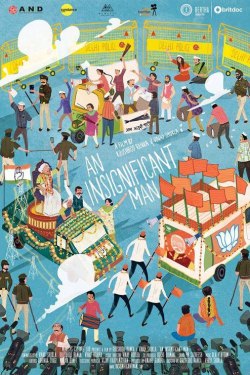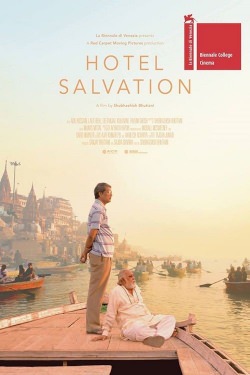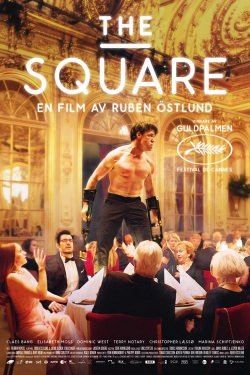Top Rated Films
Udita Jhunjhunwala's Film Reviews
-
Unlike The Big Short, Money Monster does not tie itself up in jargon and practices, but explores the larger conspiracy and its human impact, particularly on the small investor. Foster deftly handles tonal shifts between humour, satire and comment to deliver a timely and thrilling entertainer.
-
Swamy, whose Hindi film roles include Bombay (1995) and Raja Ko Rani Se Pyaar Ho Gaya (2000), brings some import to his part, and shares a gentle and believable camaraderie with Sharma. But there’s only so much the actors can do with a script that started off boldly but blinked when it mattered most.
-
Besides one extended exorcism scene, and the painstaking make-up that shows Veer’s gradual degradation by the spirit, this is a drab effort with hardly a shock sandwiched between all the frills, frocks and Rajput finery.
Perhaps all the horror there was, has been sucked out of 1920. -
The suspense is built around the possibility of escape and the threat of what lies beyond and, worse still, within the sealed-off bunker. The climax is a bizarre and hard-to-swallow genre-shift with some plot points left frustratingly unresolved.
-
The Man Who Knew Infinity is moving, but not as compelling as the real life story of the genius it celebrates. The definitive film on Ramanujan remains to be made; one that will have the heft of The Imitation Game or A Beautiful Mind; one that will sidestep the formulaic screenplay and exotica, but won’t shy away from solving equations.
-
Using locations, sets, costumes, language and setting (Agra), Iyer Tiwari creates an authentic world with a universal emotional core. However, at the close, the narrative trips over its own benevolence. The relationship between Bhaskar and Pathak Shah is a touch overdone and, while it managed to skip melodrama and manipulation throughout, the end succumbs to sermonizing (and a kitschy song called ‘Maa’) which dilutes the impact of an otherwise assured debut delivered with a lightness of touch and a positive message.
-
The moment when Handsome’s real identity is revealed is tepid and underlines the emotional vacuousness of the script. The punch-by-numbers action scenes are not enough to save a poorly adapted film with poorly pitched performances, out-of-tune casting and tacky execution.
-
Foster works hard on the character, but the portrayal is rather one-dimensional as he interprets the disgraced racer as twisted, shrewd, arrogant and ambitious. We feel no sympathy for this man at all in this rather straightforward account of Armstrong’s dramatic life story.
-
At over two hours, Race feels like a mini-marathon, partially due to side plots that dilute the drama. The tension of the competition, usually the staple of sporting films, is sorely missing. You don’t get a sense of the rigour of Owens’ training and the enormity of his achievement, which is otherwise so well documented.
-
If this dramatic piece holds your attention, it is because of Rampling’s ability to convey so much through her eyes and expressions, Courtenay’s understated performance providing her with the requisite cues.

























